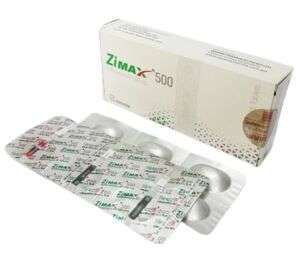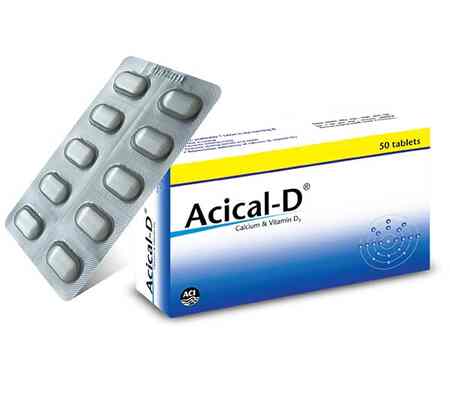-10%
Indication:
Used to treat various bacterial infections, including respiratory tract infections (e.g., bronchitis, pneumonia), skin and soft tissue infections, ear infections (otitis media), and sexually transmitted infections (e.g., chlamydia).
Pharmacology, Dosage & Administration:
Azithromycin is a macrolide antibiotic that inhibits bacterial protein synthesis by binding to the 50S ribosomal subunit, preventing bacterial growth.
Typical adult dose: 500 mg on day 1, followed by 250 mg once daily from day 2 to day 5.
Should be taken 1 hour before or 2 hours after meals for better absorption.
Interaction:
May interact with antacids (containing aluminum or magnesium), reducing absorption.
Caution with drugs that prolong the QT interval (e.g., amiodarone, quinidine).
Can increase the effects of warfarin and digoxin.
Contraindications:
Hypersensitivity to azithromycin, erythromycin, or other macrolide antibiotics.
History of cholestatic jaundice or hepatic dysfunction associated with prior azithromycin use.
Side Effects:
Common: Nausea, diarrhea, abdominal pain, headache
Rare: Allergic reactions, liver enzyme abnormalities, and prolonged QT interval
Pregnancy & Lactation:
Pregnancy Category B – No confirmed risk in humans, but should be used only if clearly needed.
Caution during lactation, as azithromycin may be excreted in breast milk.
Precautions & Warnings:
Use with caution in patients with liver or kidney impairment.
Monitor for signs of allergic reactions or superinfections (e.g., fungal infections).
Avoid in patients with a history of arrhythmias due to risk of QT prolongation.
Overdose Effects:
Symptoms may include nausea, vomiting, diarrhea, and temporary hearing loss.
Supportive treatment and monitoring are recommended.
Therapeutic Class:
Macrolide Antibiotic
Storage Conditions:
Store below 30°C, in a dry place away from direct sunlight and moisture.
Keep out of reach of children.











Reviews
Clear filtersThere are no reviews yet.